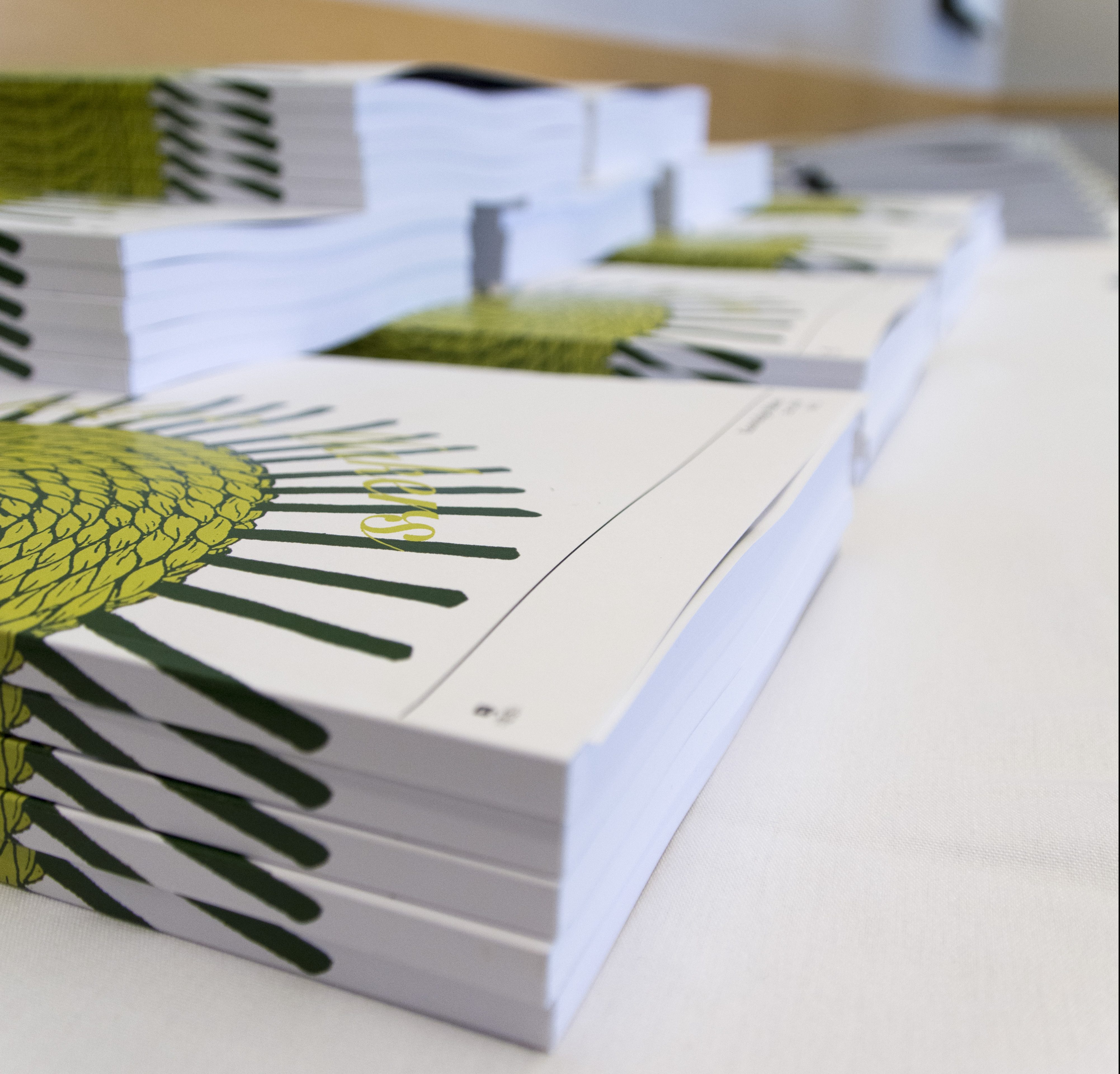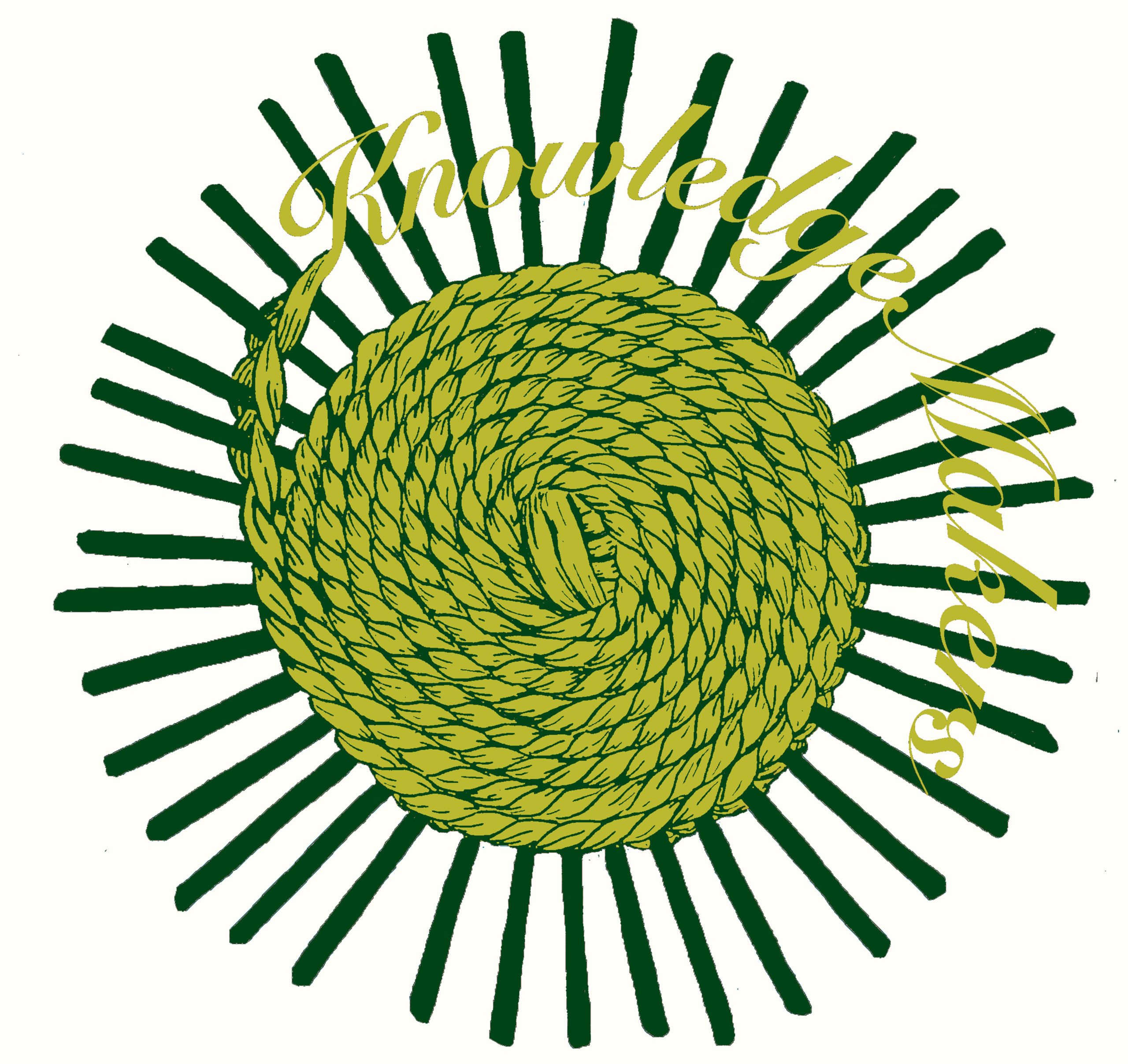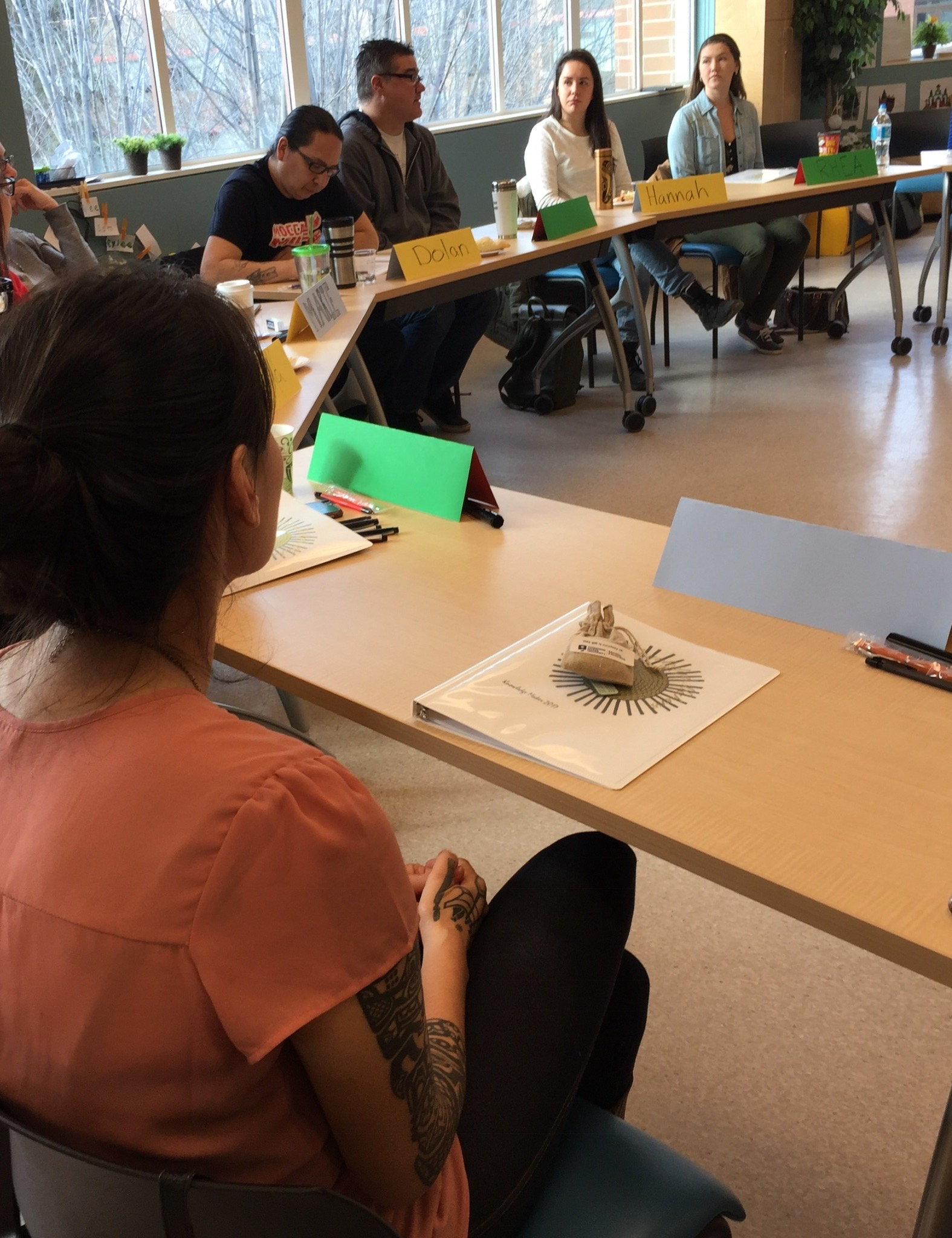
Become a Knowledge Maker
Use this space to add a medium length description. Be brief and give enough information to earn their attention.

Our Current Call for Papers
Applications for Volume 10 are now closed!
Due to an incredible amount of participants, we have closed applications early and are getting ready to help these new researchers on their journey!
About Knowledge Makers Journal Publication
The Knowledge Makers Journal is a yearly review published for Thompson Rivers University.
The objective of Knowledge Makers Journal is to advance Indigenous research by fostering research that focuses on Indigenous ontologies and epistemologies across a variety of disciplines done by diverse Indigenous researchers.
Call for Papers
Through an application process, 20 Indigenous undergraduate students were selected by the editorial board to ‘make knowledge’ with guidance in the Knowledge Makers publication program.
Two-Day Knowledge Makers Program Workshop
The workshop champions Indigenous students in finding their voice in academia with the support of Indigenous faculty, Elders, and mentors at every step of the research process.
Applications are now closed. Thank you to everyone who applied!
To learn more about Indigenous research and future Indigenous research opportunities sign up for our newsletter:

Gaining Valuable Research Experiences
Throughout the research and publication process, students are supported by Knowledge Makers Staff, Elders, and online resources. Additionally, during the two-day workshop students learn important skills for Indigenous research and what it can mean to them in their academic journey.
How does publication work?
going through the publication process
Apply
The call for papers goes out, and applications are accepted.
Applicant Selection
The committee selects the successful applicants and notifies them.
2 Day Workshop
Participants take part in a two-day workshop that provides foundational information on how to conduct Indigenous research and collaborate with peers, Elders, and Indigenous researchers.
Initial Paper Evaluation
A complete first draft is submitted for peer review where experts in the field evaluate the quality, validity, and significance of the research.
Authors receive feedback from peer reviewers and may be required to revise their manuscripts accordingly.
Secondary Paper Evaluation
Revised papers undergo a second round of peer review to ensure that the suggested changes have been adequately addressed, and any added information meets the journal’s requirements.
Authors may receive feedback from peer reviewers and be required to revise their manuscripts accordingly.
Paper acceptance
The editorial team decides on whether to accept the manuscript for publication, request further revisions, or reject it. Once accepted papers undergo copy editing and proofreading to ensure clarity, consistency, and adherence to the journal’s style.
Typesetting and Layout
Bio’s are collected from authors, quotes are selected from papers, and other decorative details are finalized. The finalized manuscript consisting of all accepted papers is formatted according to the journal’s specifications for publication by a graphic designer.
Pre-publication Approval
The finalized manuscript is supplied to the authors for final approval to ensure accuracy.
Publication
The journal is officially published, online and in print, and is made accessible to readers.
If you have any questions please don’t hesitate to reach out to us!
We are here for you if you have questions about the journal or upcoming publications that our website doesn’t answer, just send us a message and we will do our best to help you.